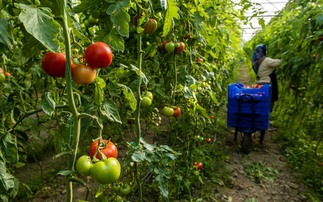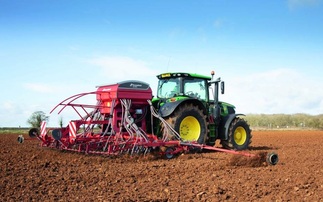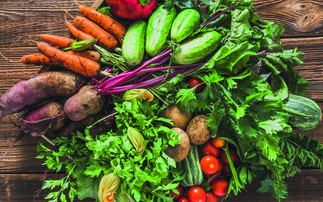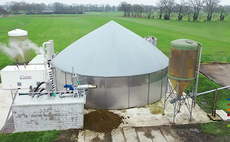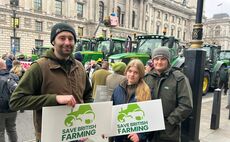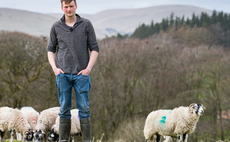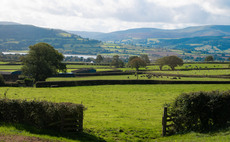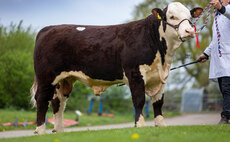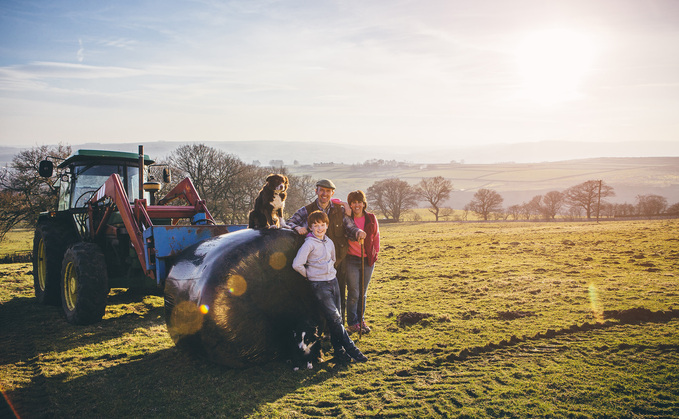
Sustainable farming is not just about nature, says Lloyds Banking Group's Lee Reeves
Balancing food production and environmental responsibilities will only be achieved by giving farmers a baseline from which to work, a new industry enterprise has claimed.
A new joint initiative linking the Soil Association and Lloyds Banking Group has published two reports providing a ‘clear roadmap' for farmers keen to achieve multiple environmental standards, while enabling farmers to achieve long-term business goals.
The first study revealed the results of the Soil Association Exchange programme which saw 685 farms take part in what has been described as a ‘first-of-its-kind assessment' to establish a baseline for farmers in terms of emissions reduction, water and soil health and biodiversity.
Its aim is to show farmers how to the natural environment can be enhanced while building resilience into their farming systems. Meanwhile, the Lloyds study offers what it calls a ‘blueprint' to unlock productivity and profitability for those who want to explore government and private funding schemes.
READ NOW: Finding a balance between farming for the environment and productivity
Chief executive of the Soil Association Joseph Grindley said the aim now was to get this new quantifiable data out into the wider sphere, targeting not just Defra but also the supply chain too.
"We want to put out into the world just how the environment and agriculture go hand-in-hand. The Environmental Land Management schemes (ELMs) have been great at getting farmers to try different practices but it has been hard to for them to see the outcome or the benefit," he said.
"We are big believers that a farmer will always choose to do the right thing on their farm but they often do not have the information they need to really balance food production with climate and nature. This report has taken a deeper dive into those practices and a closer look at what has been achieved by those taking up ELMs or SFI actions."
READ NOW: Dairy farm profits set to halve this year
Lee Reeves, UK head of agriculture at Lloyds Bank said it was time Government and the wider supply chain took action to help farmers secure a viable future.
"Sustainable farming is not just about reducing environmental impact – it is about securing the future of the entire UK farming and food supply chain," Mr Reeves said.
"Farmers need consistent support, reliable data, and financial incentives to make this transition successful."
Lee Reeves said the reports set out a ‘clear, data-driven pathway' towards sustainable farming and a ‘blueprint for environmental measurement' that would give farmers the confidence to thrive long-term, both economically and environmentally.












